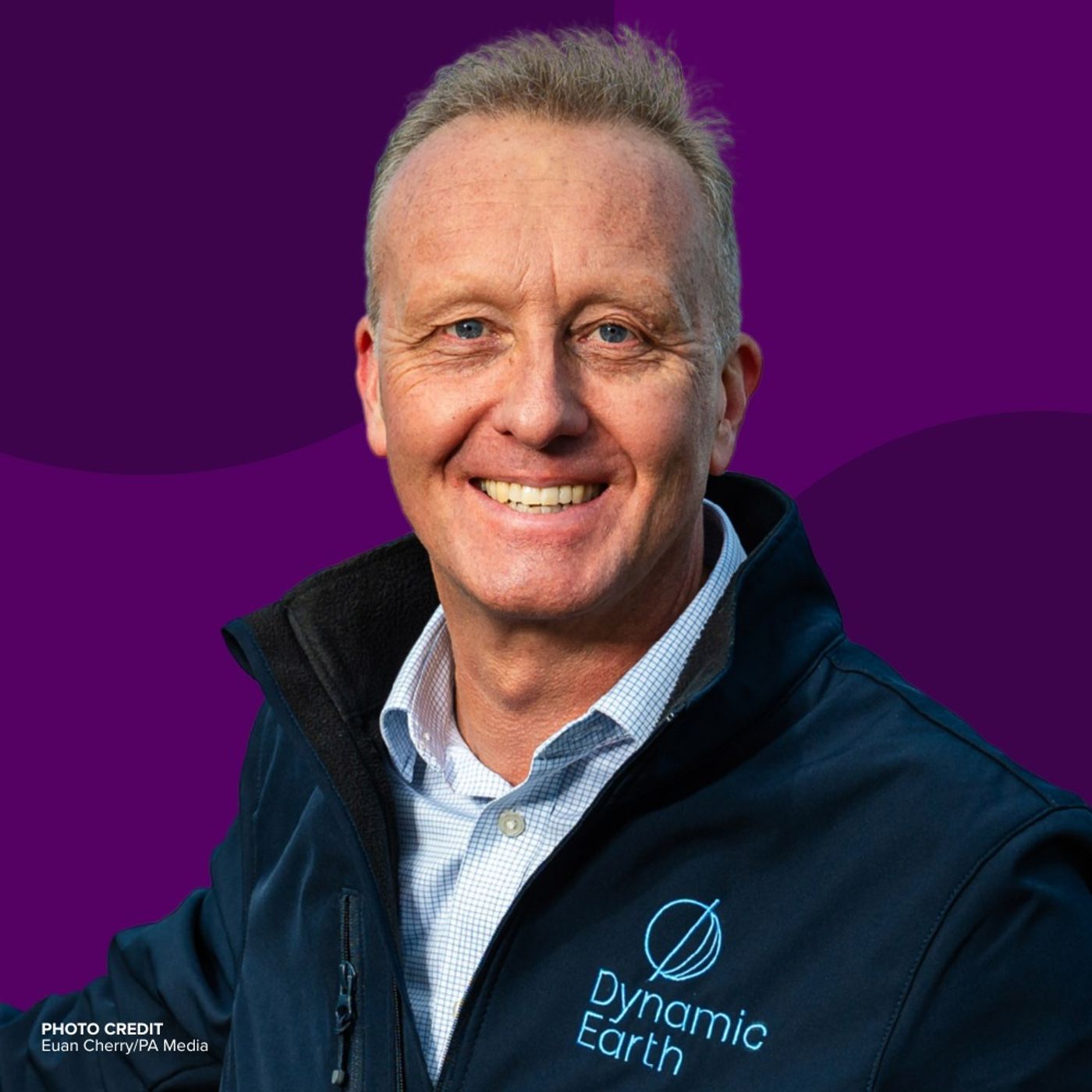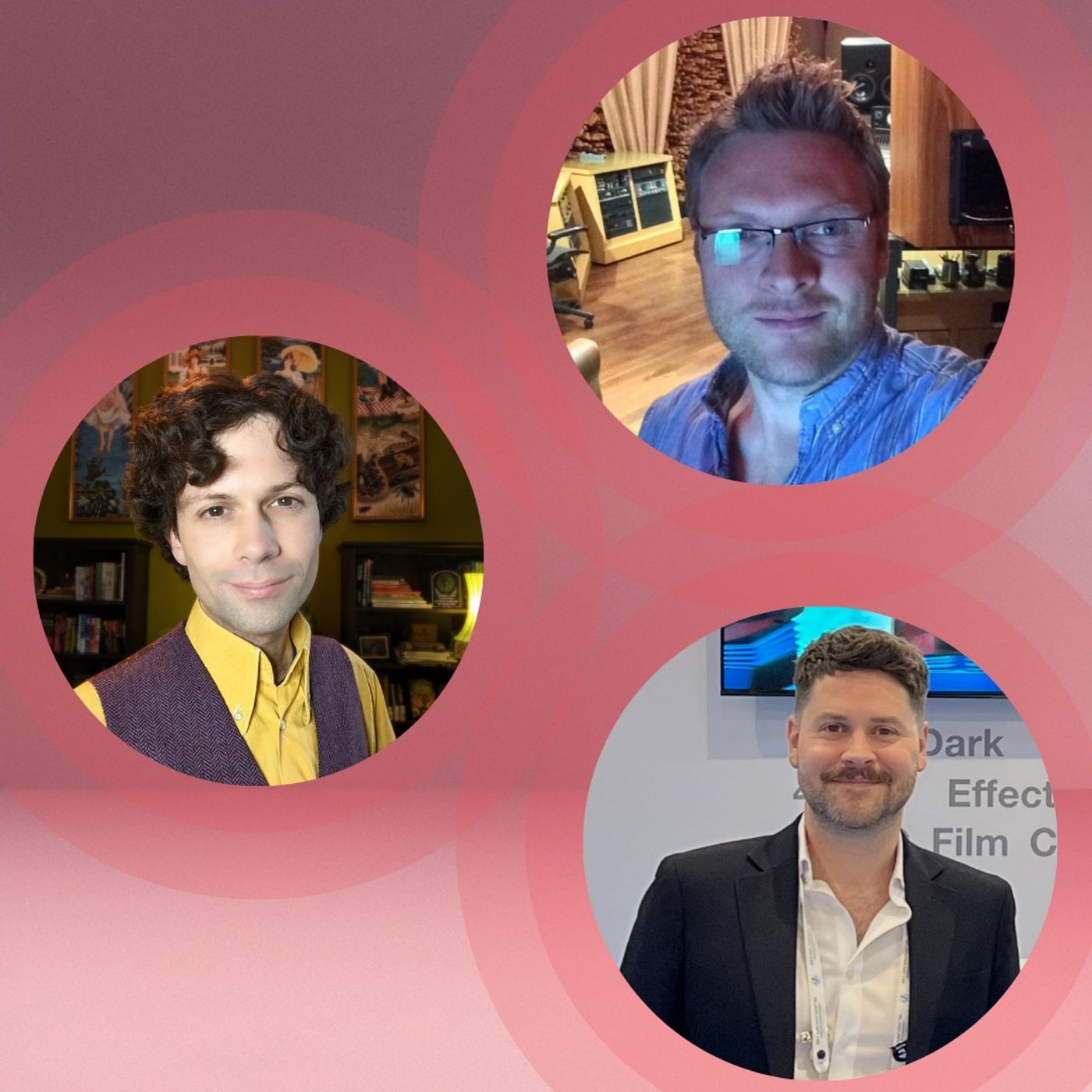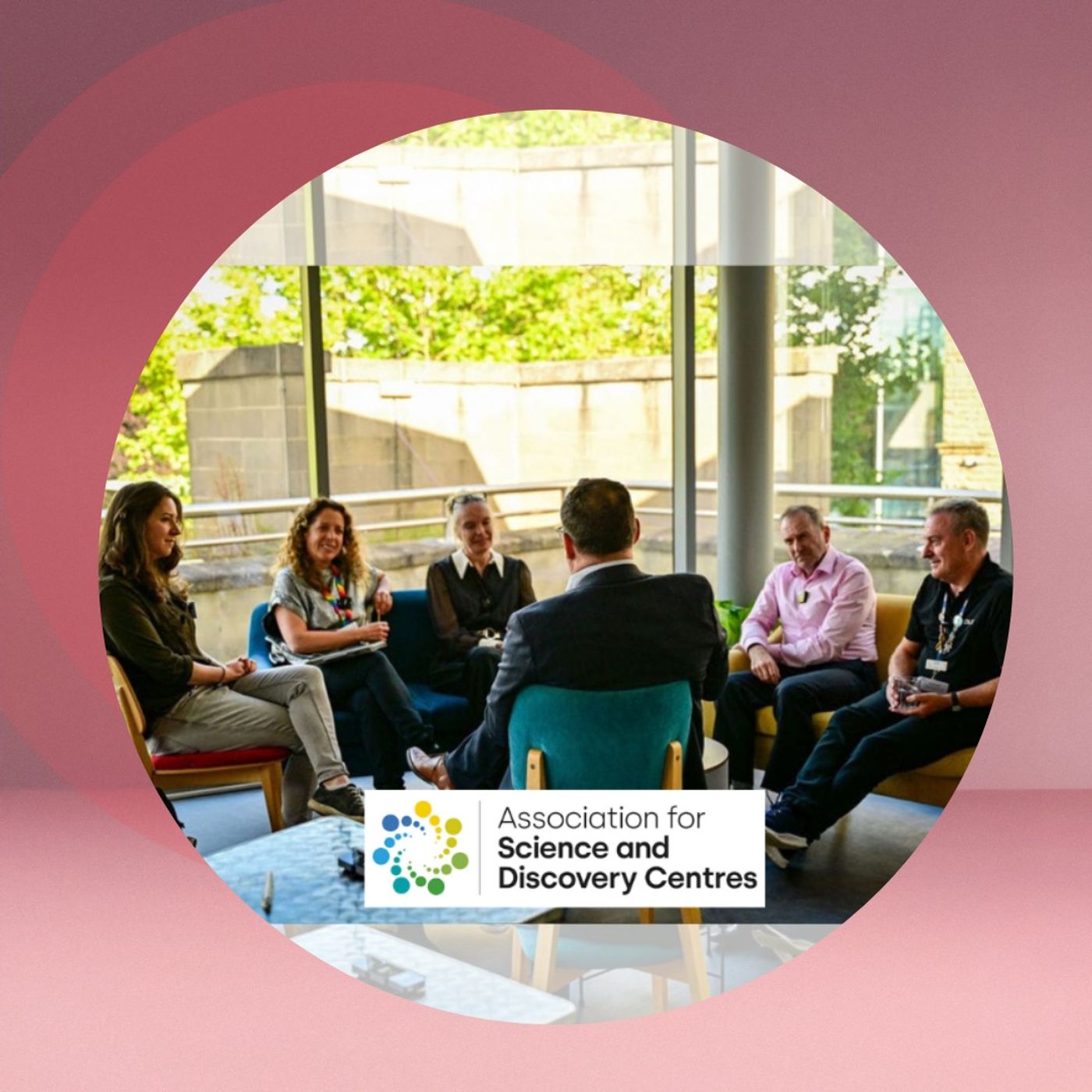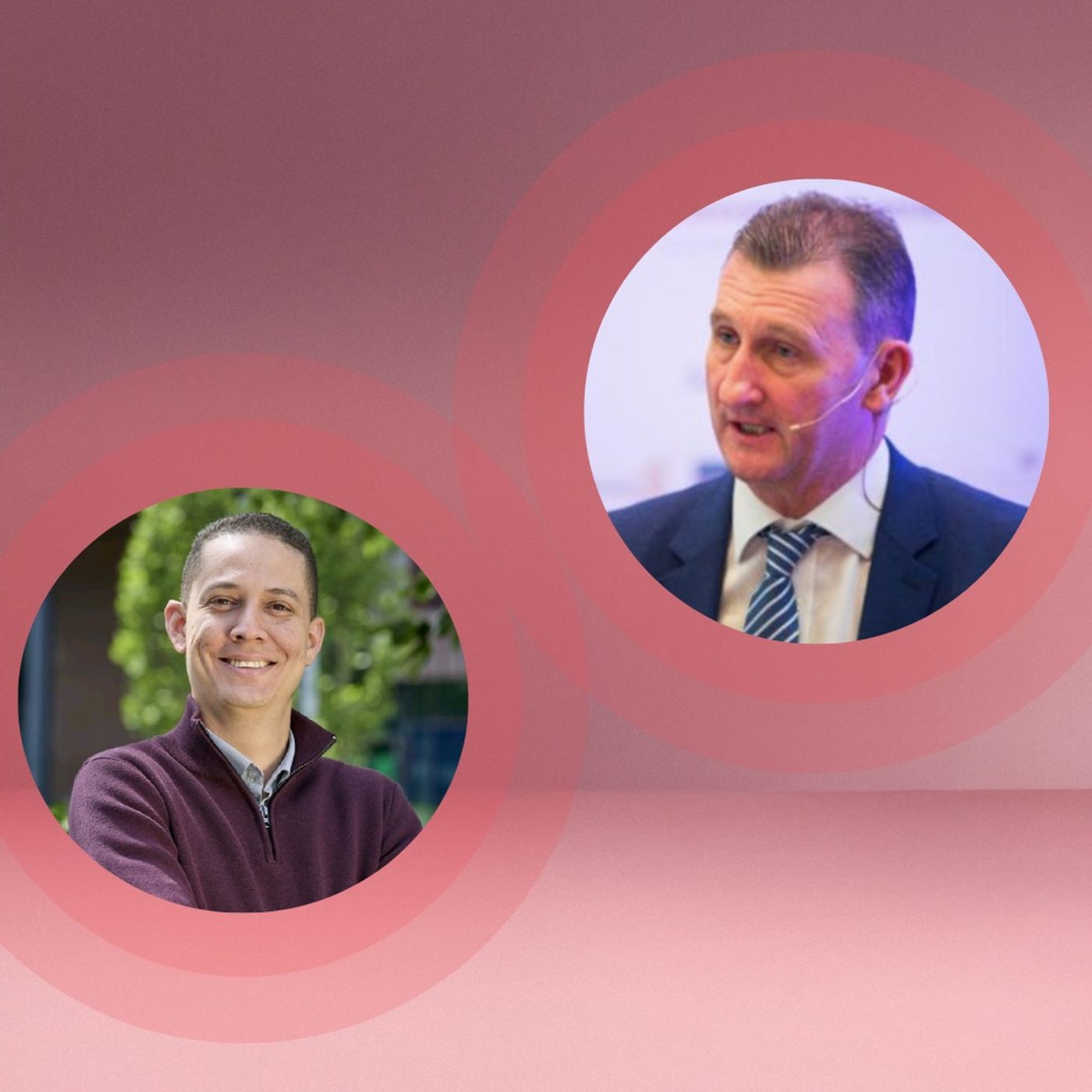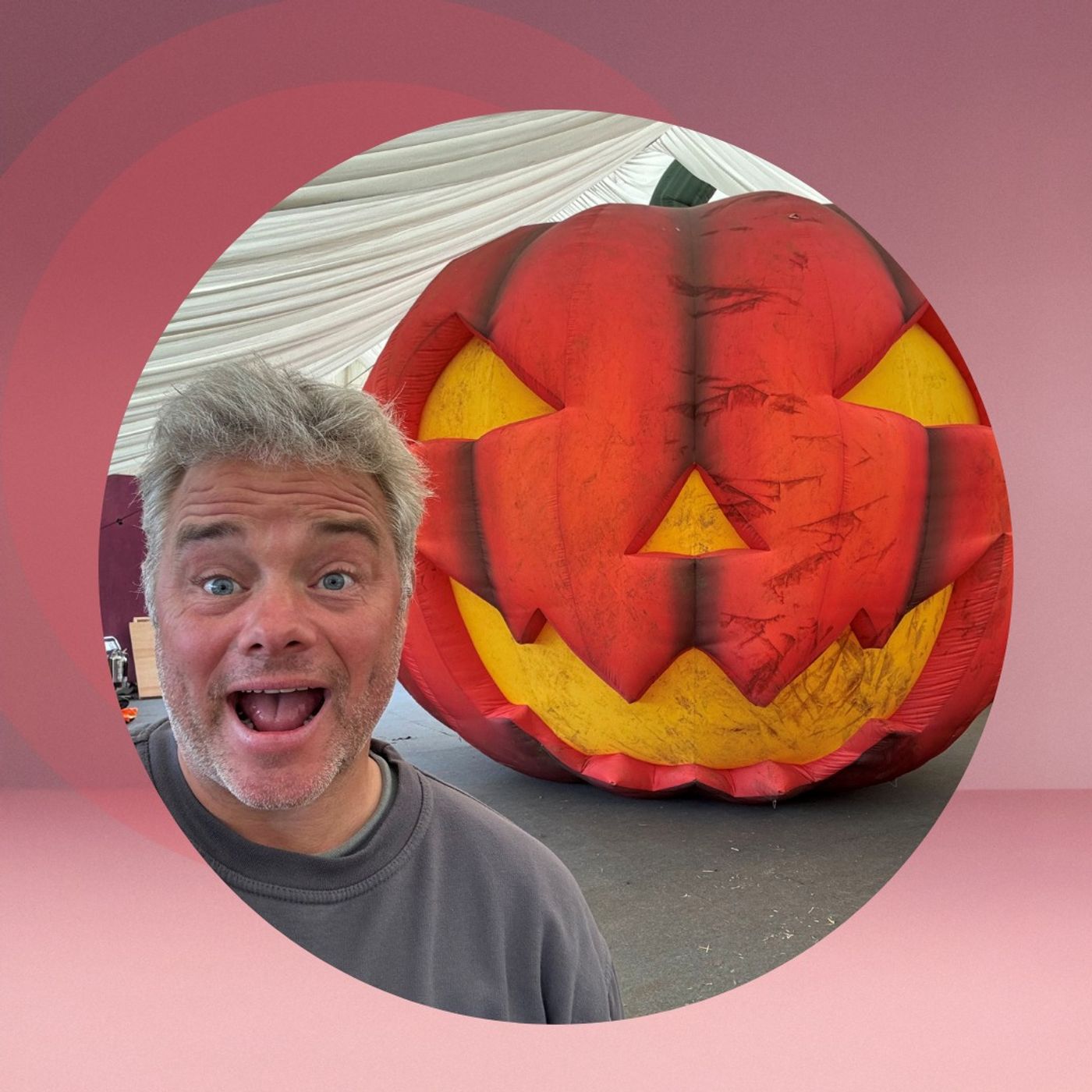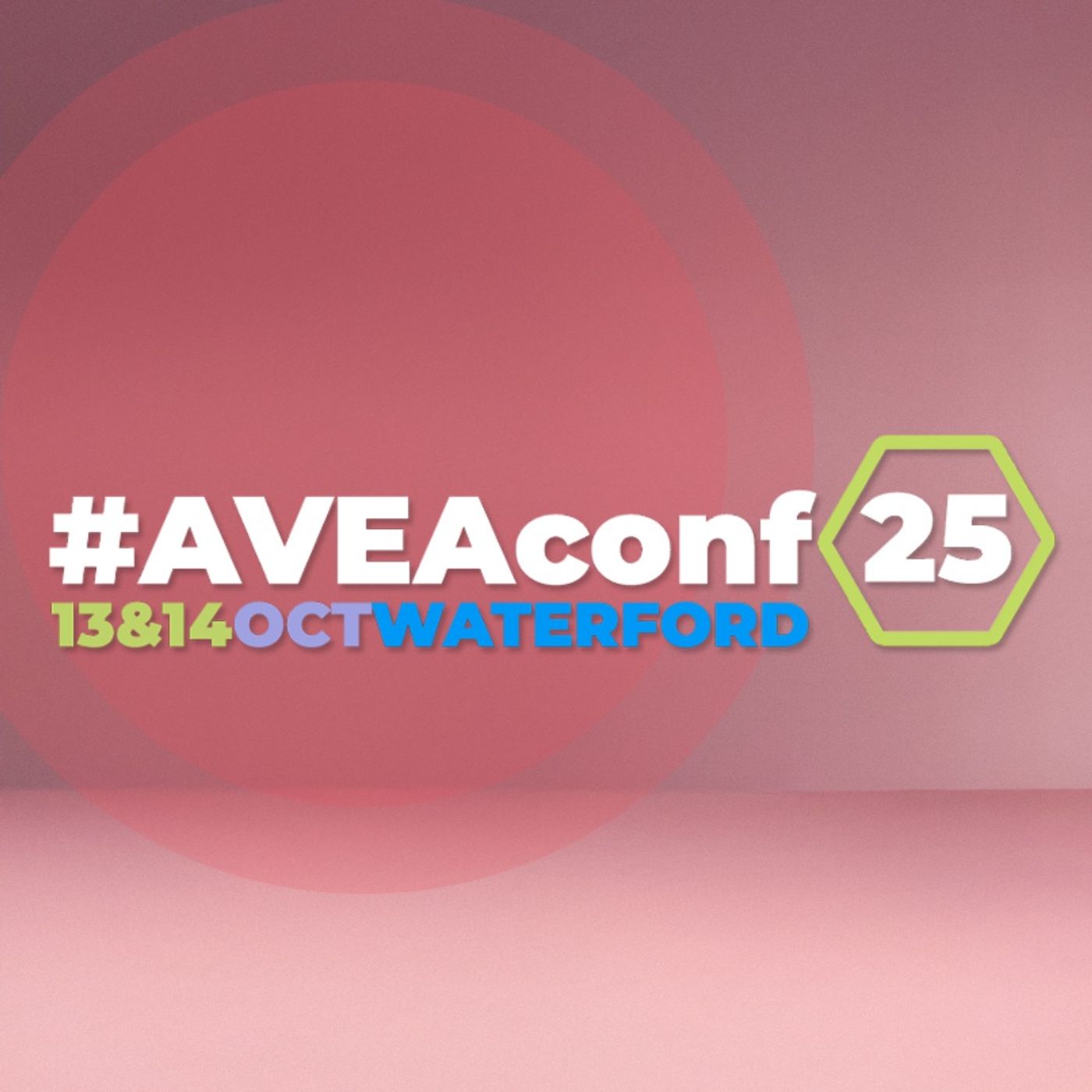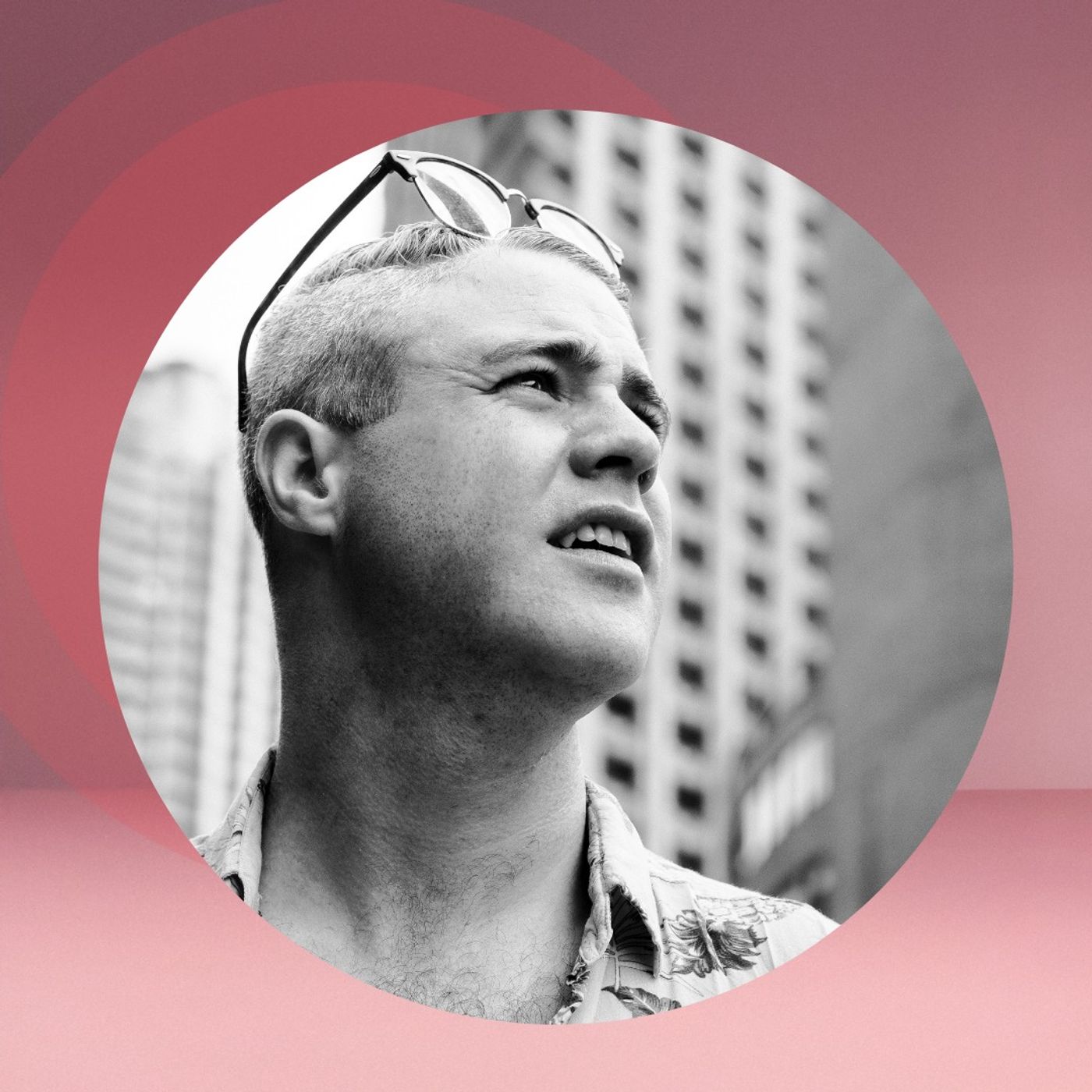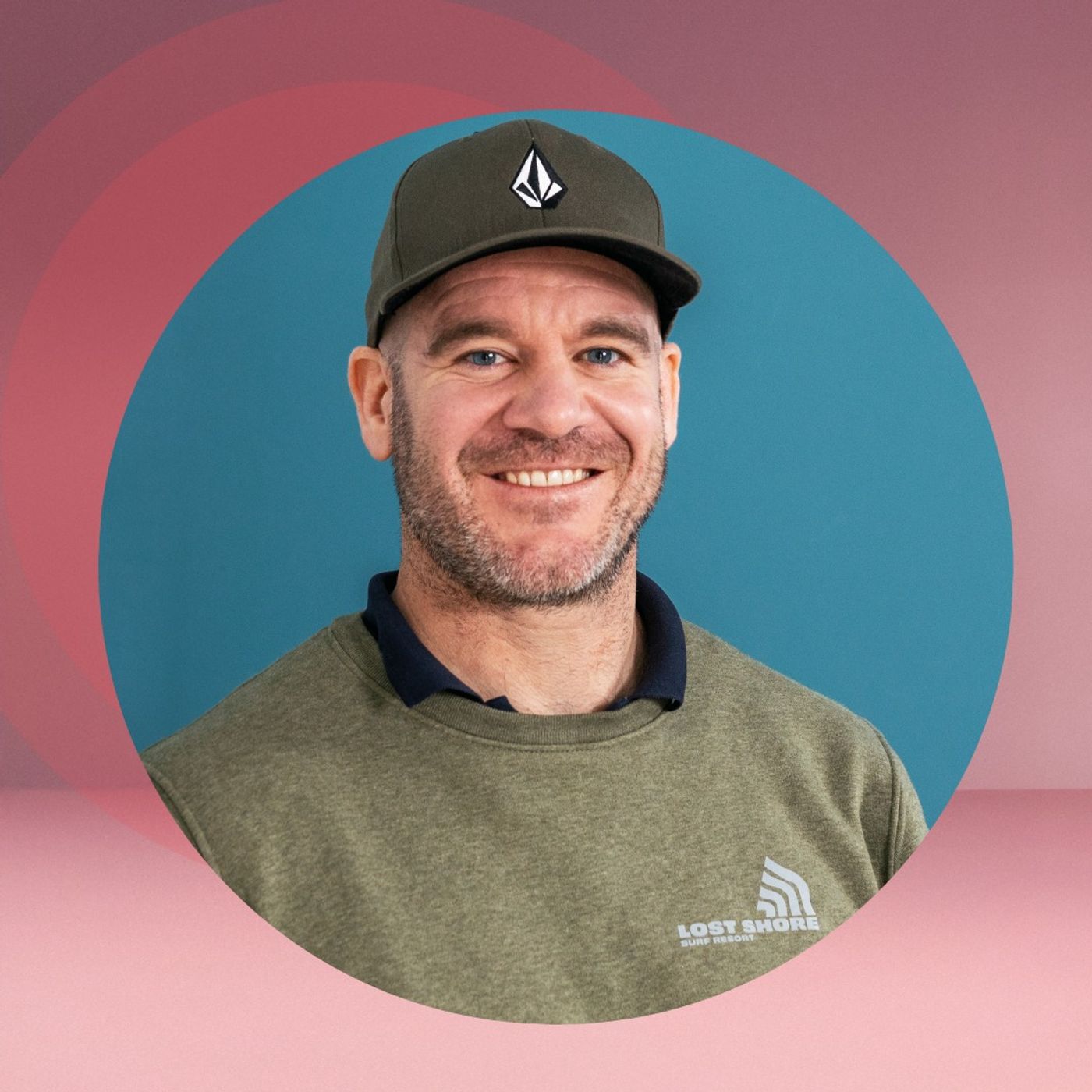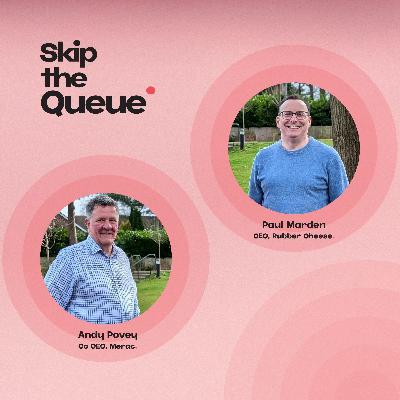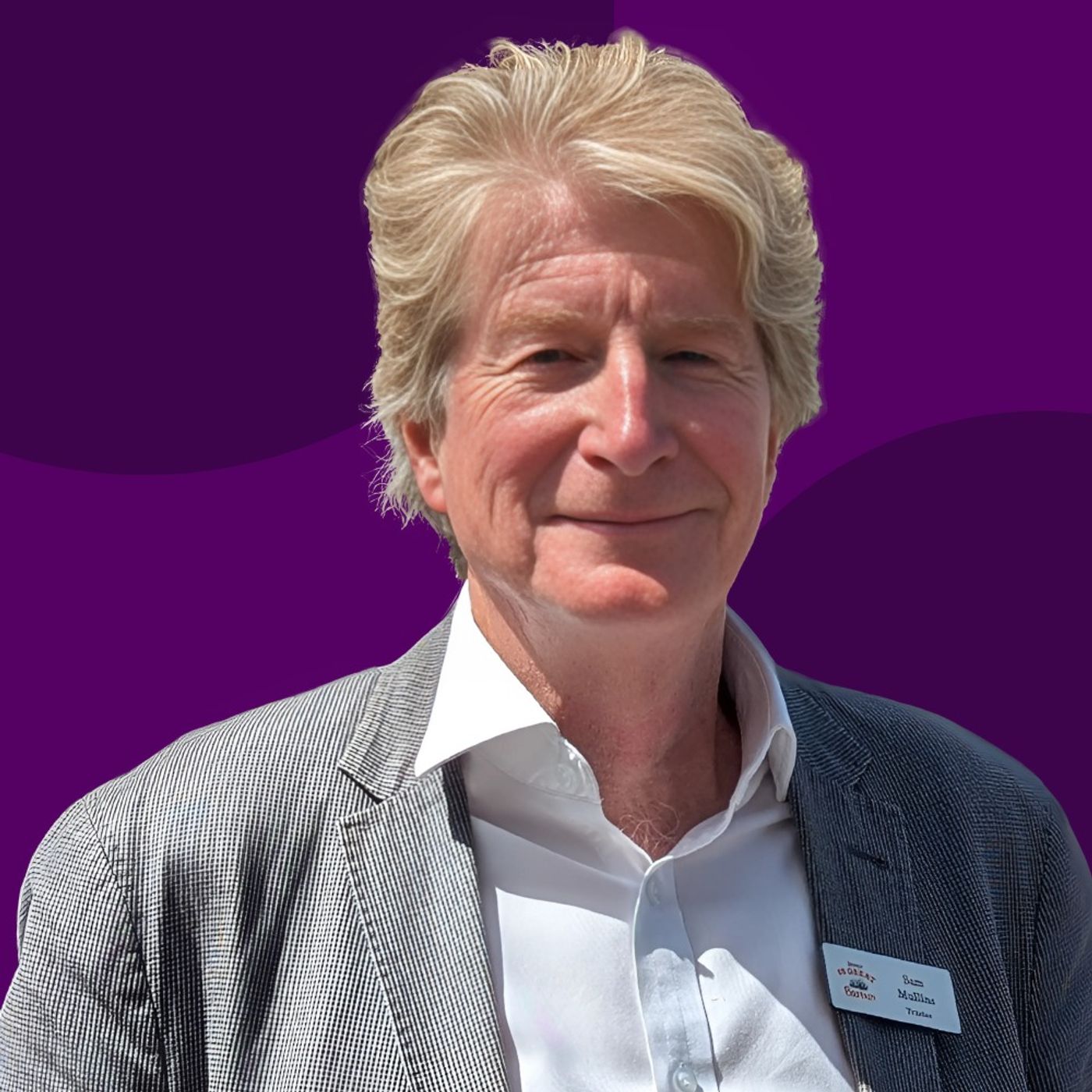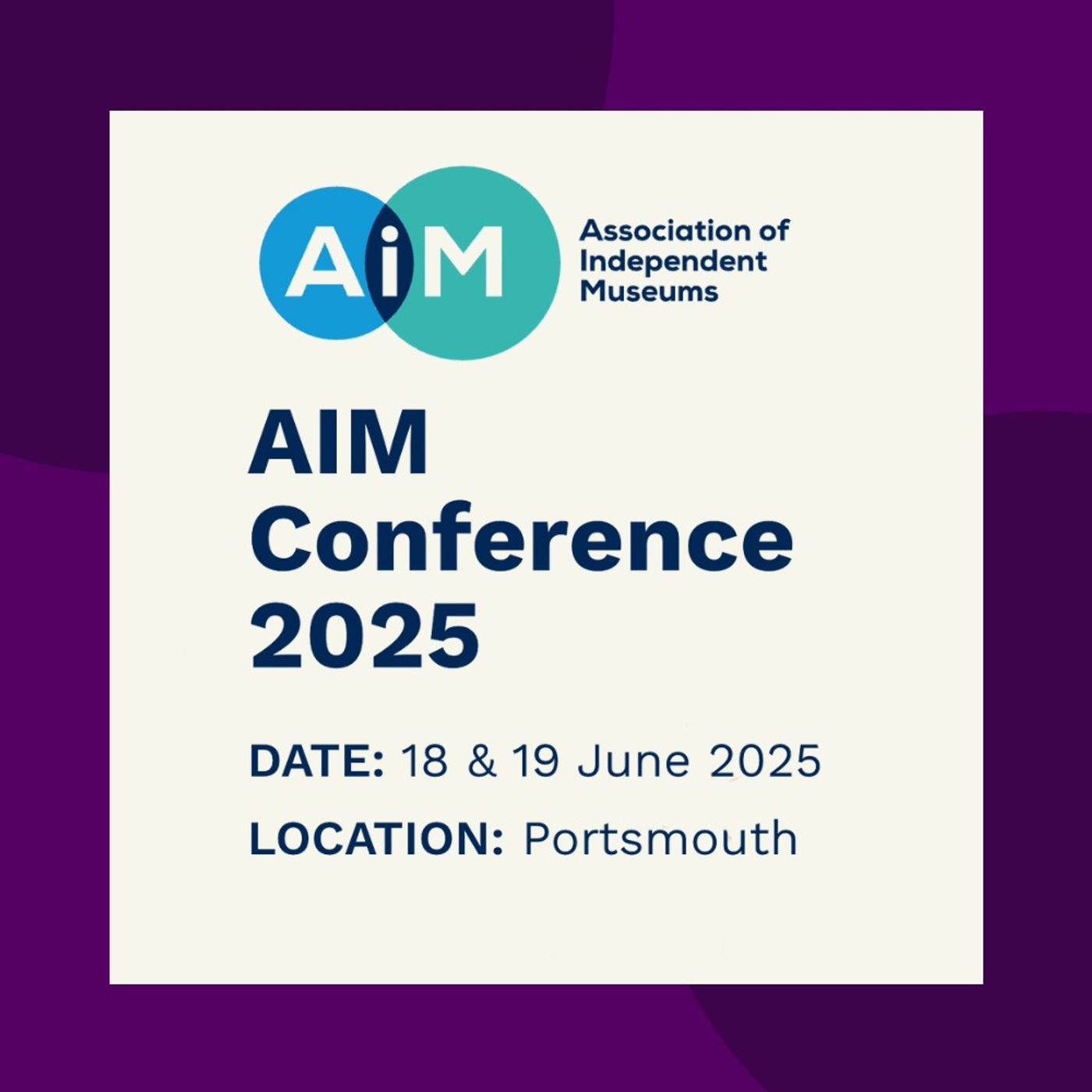25 Years of the Millennium Projects - Dynamic Earth
Description
Skip the Queue is brought to you by Rubber Cheese, a digital agency that builds remarkable systems and websites for attractions that helps them increase their visitor numbers. Your host is Paul Marden.
If you like what you hear, you can subscribe on iTunes, Spotify, and all the usual channels by searching Skip the Queue or visit our website SkiptheQueue.fm.
If you've enjoyed this podcast, please leave us a five star review, it really helps others find us. And remember to follow us on Twitter or Bluesky for your chance to win the books that have been mentioned in this podcast.
Competition ends on 7th May 2025. The winner will be contacted via Bluesky.
Show references:
Dynamic Earth website: https://dynamicearth.org.uk/
Dynamic Earth X: https://x.com/ourdynamicearth
Dynamic Earth LinkedIn: https://www.linkedin.com/company/our-dynamic-earth-dynamic-earth-enterprises-ltd-dynamic-earth-charitable-trust-/
Mark Bishop joined Dynamic Earth in the summer of 2022. The Edinburgh Science Centre & Planetarium provides science engagement to over 250,000 people a year at the centre and across Scotland.
Prior to joining Dynamic Earth, Mark was a director at the National Trust for Scotland for seven years. In the 23 years Mark has been in the voluntary sector, he has also held senior roles at Prostate Cancer UK, Leonard Cheshire Disability and The Royal British Legion.
His commercial sector experience includes roles at HarperCollins, Sky, and he co-founded two Internet start-ups. He continues to be a Trustee of Dads Rock, which is a charity dedicated to supporting men to be great parents.
Transcriptions:
Paul Marden: Welcome to Skip the Queue, a podcast for people working in and working with visitor Attractions. I'm your host, Paul Marden. The Millennium Commission was set up by the UK Government to celebrate the turn of the millennium. Funded by the National Lottery, not only did it fund the Millennium Dome, now the O2, it also funded many regional venues, including a number of science centres such as Dynamic Earth in Edinburgh, which was the first major millennium attraction in Edinburgh.
In this episode, I'm talking to Mark Bishop, the CEO of Dynamic Earth, about those millennium babies and what the next 25 years looks for them. After a career in charity fundraising, Mark moved to the attraction sector in 2015 at the National Trust for Scotland, before becoming CEO of Dynamic Earth nearly three years ago. Now let's get into the interview.
Paul Marden: Mark, welcome to Skip the Queue.
Mark Bishop: Hi. Morning. How are you?
Paul Marden: I'm very good. I'm very good on a very sunny morning here down in Hampshire at the moment. I don't know what the Easter holidays are like up there for you at the moment, Mark.
Mark Bishop: Well, people always talk about the weather being different in Scotland, so here in Edinburgh, we had the most amazing first week of spring last week, and that made me sad because indoor visitor attractions often benefit from when it's cloudy or rainy. So I am delighted to say the second half of Easter is terrible outside, but amazing inside our building.
Paul Marden: Oh, good. So, visitor numbers are good for you this Easter holiday, are they?
Mark Bishop: Well, we had probably the best number of people in since COVID Yesterday. We had 1302 people in.
Paul Marden: Wowsers.
Mark Bishop: That's great, because to have families and groups in celebrating science in our building during their holiday time makes me happy.
Paul Marden: Yeah, absolutely. Yeah, went. I've been doing day trips with my daughter just recently over the Easter break and you can definitely feel there's lots of people out and about and enjoying themselves over these Easter holidays. So good to hear that it's been kind to you as well. Longtime listeners will know that we always start our interviews with an icebreaker question that you cannot prepare for. So I think I've been kind to you. I've got a couple for you here. This is an A or B question. If you're going out for a night out, is it going to be a concert or is it going to be a museum nighttime exhibition?
Mark Bishop: I think I'm supposed to, on behalf of the sector, go for the latter, but I am going to answer it in an authentic way and say A, a concert. So before I had kids, I'd probably go to about 150 concerts a year. Really, in the days when NME existed and it had a print edition and I'd pretty much just buy it, flick it and go, that looks interesting. And go without ever even hearing things because Spotify didn't exist and he goes to stuff and it was terrible or brilliant, but I loved it just from the variety and the surprise factor. Obviously, these days we kind of plan our music events a bit better. We know the artists and in theory we make better choices. But perhaps we don't do such good random things as well. Who knows?
Paul Marden: Yeah, absolutely. Okay, now this one's a little bit more in depth. If there is a skill that you could master immediately, what would it be?
Mark Bishop: Trying to understand how my three kids think and how I need to respond to that. But I don't think I'm the only parent on the planet that loves seeing the variety of ways they behave. But just question, how on earth did they come to be and think like that?
Paul Marden: Yeah, it sounds like almost a kind of being able to speak child and become an interpreter, a child whisperer.
Mark Bishop: And I think we, you know, sort of kind of be a bit more profound about these things. As an Earth Science Centre, that predominantly kind of has family audience, actually, some of the best questions we get are from younger people. So sometimes minds are probably more open and liberated.
Paul Marden: Yeah, absolutely. Well, that's a nice segue, isn't it? So why don't you tell us a little bit about the Dynamic Earth? What stories does the Dynamic Earth try to tell?
Mark Bishop: So Dynamic Earth, for those who don't know it, is the Edinburgh Science Centre and Planetarium. And as I'm sure we'll talk about, we were the first out of the millennium babies to launch back on 2nd July 1999. Our building predates being a science centre. It used to be a Scottish and Newcastle brewery. So when people say, I can't organise the proverbial in a brewery, I go, possibly released half row. And in the mid-1990s, they stopped making beer and handed the land over to public benefit. And it's become the UK's leading Earth science centre. So we're very much a science centre, but we're a science centre with a very specific theme around our planet and our universe and the experiences are very deliberately immersive.
Mark Bishop: So we allow people to experience in a safe way what it feels like to be in an earthquake, to see a volcanic eruption, to touch a real iceberg, to dive to the bottom of the ocean and then fly out to the outer reaches of space. And we do all of that because we think our planet is beautiful and fascinating and the wonders of the world need to be celebrated. But increasingly, we also want to showcase the perils we're placing on our planet, our only home. We have about a quarter million people come through our doors a year, and that would be families, that'd be tour groups. There'll be a lot of school groups coming in, 30,000 kind of school groups coming in, and then we have about 400 conferences and events a year.
Mark Bishop: So we have everything from Arctic conferences, water resilient conferences, and electric aeroplane conferences. You name it, we have it in our building. And I think a lot of the conferences have keynote speakers that tend to be first ministers or senior politicians, because unless somebody can tell me otherwise, I think we are the closest science centre in the world to a seat of government, because the Scottish parliament is 10 yards across the road.
Paul Marden: Excellent. So you have the year of government as well?
Mark Bishop: We like to think so.
Paul Marden: So I've not been to Dynamic Earth yet, and I need to solve that problem. Yeah. But I'm getting a picture in my mind of telling the story around the geology of the planet, and there's going to be lots of physics around. The planetary stuff that you talk about when you take that big zoom out. Are there other elements of the science, the different sciences, that you bring into this storytelling? Is there elements of biology and botany and things like that you bring into this?
Mark Bishop: Yeah, absolutely. So, for example, one of the galleries I didn't mention to you is a rainforest gallery. So you go into a tropical rainforest, regardless of what t

